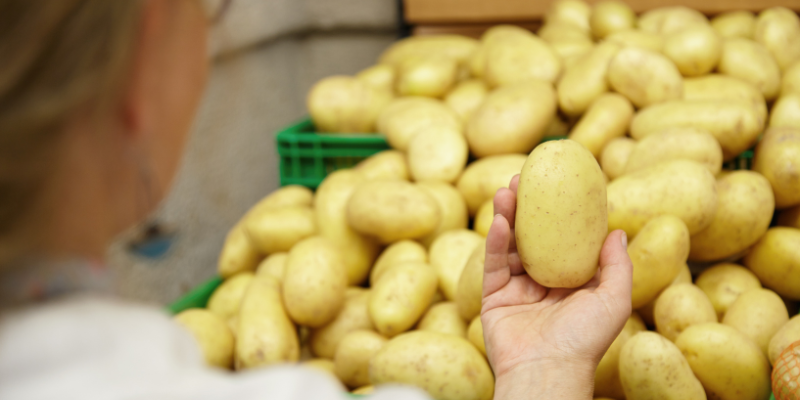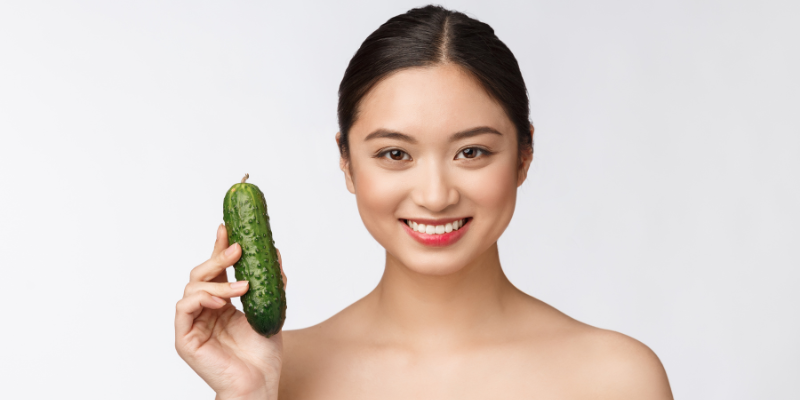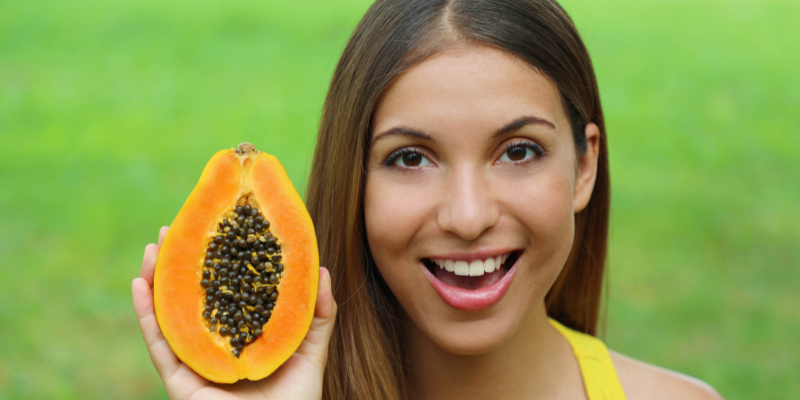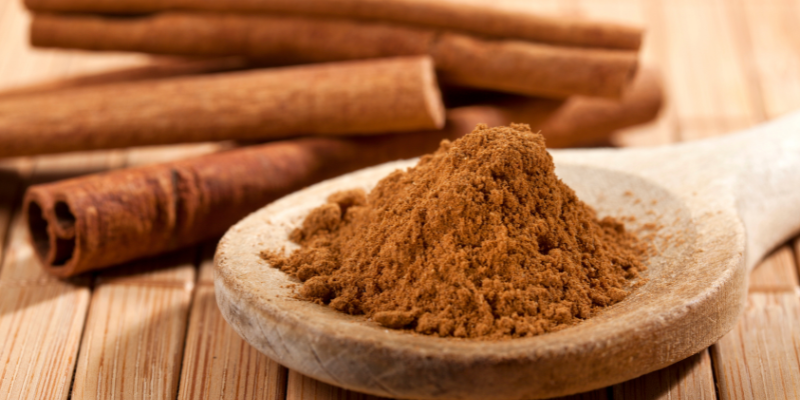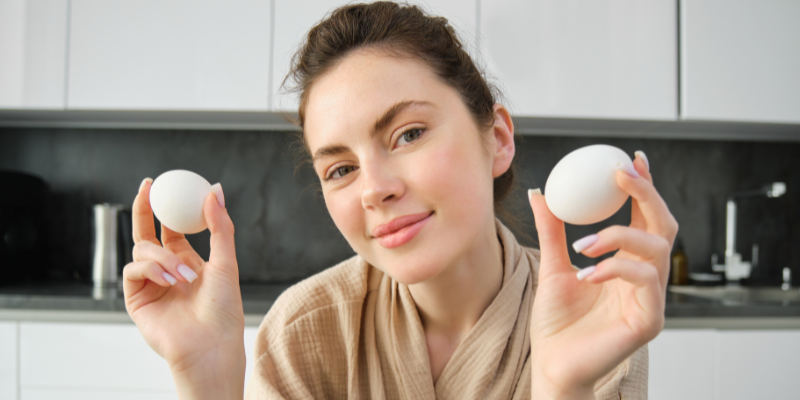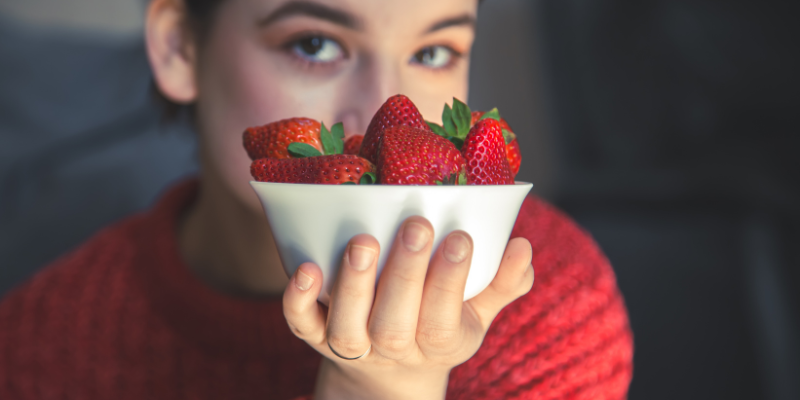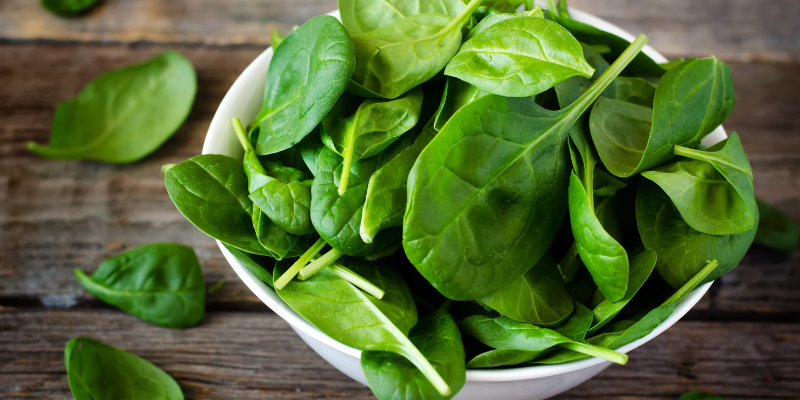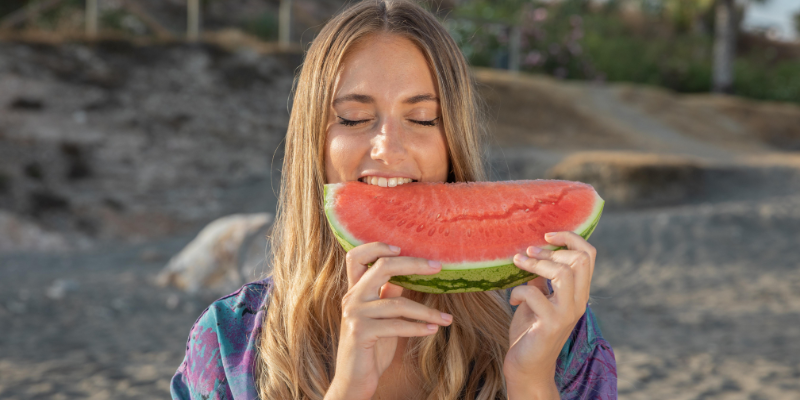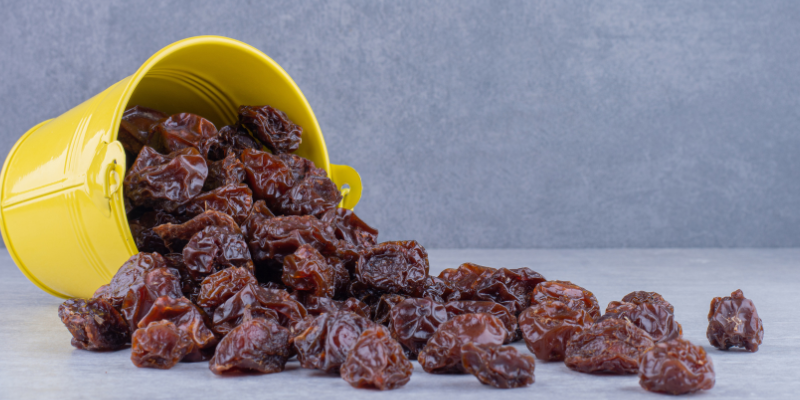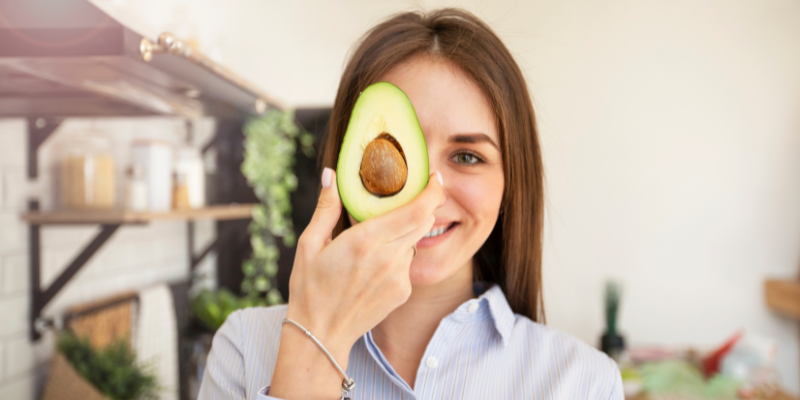Table Of Content
Top 20 Skin Whitening Foods That Lighten Skin Quickly & Naturally
Everyone thinks they can achieve skin-whitening results with expensive treatments and luxury skincare products, but do you know skin-whitening foods can work wonders for your complexion? Let us find out the skin-whitening fruits and vegetables packed with the goodness of vitamins and antioxidants that are a must-have in your diet plan to achieve a visibly brighter skin tone.
Table Of Content
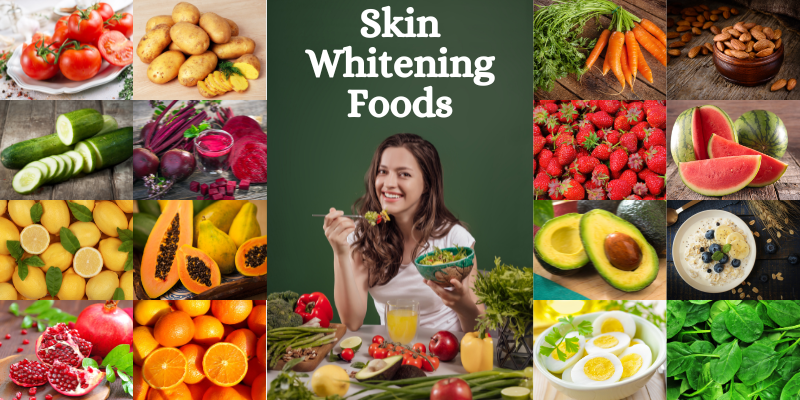
What Is The Importance Of Skin Whitening Foods?
Skin-whitening foods are superfoods packed with many antioxidants and vitamins. They can improve your skin health and repair damage caused by external factors like the environment. Thus, including these fruits and vegetables in your skin-whitening diet plan is a great idea to improve your skin health naturally!
How Do Antioxidant-Rich Foods For Skin Whitening Work?
Free radicals in your body cause oxidative stress and cellular degeneration, leading to premature ageing signs like dullness, wrinkles and more. Skin whitening foods are a rich source of powerful antioxidants that can eliminate these free radicals. These can help brighten your skin tone if you take them regularly.
Here are the best antioxidants for skin whitening you can include in your daily diet:
- Curcumin
- Vitamin E
- Vitamin C
- Beta-carotene and other carotenoids
- Green tea
- Pomegranate extract
Top 20 Skin-Whitening Foods To Eat
Here are the best skin-whitening foods. Learn what nutrients, antioxidants and vitamins they contain for skin whitening.
Sr. No. |
Food Name |
Nutrients for skin whitening |
Benefits |
| 1 | Tomatoes | Rich in linoleic acid, lecithin, Vitamin C, carotenoids, polyphenols and flavonoids. | Offer anti-ageing and anti-inflammatory benefits with UV protection. |
| 2 | Potatoes | Contains antioxidants like phenols, vitamin C, flavonoids and carotenoids. | Improves complexion and restores youthful appeal. |
| 3 | Green Tea | Contains polyphenols and catechols. | Prevents premature ageing and reduces suntan and red spots. |
| 4 | Lemon | An excellent source of Vitamin C. | Boosts skin health and immunity. |
| 5 | Cucumber | Contains vitamins C and E. | Helps reduce sun damage, dark spots and fine lines. |
| 6 | Beetroot | Contains betanins, polyphenols, nitrates, and traces of Vitamin C. | Fights against ageing and dark spots and enhances the skin’s protective barrier. |
| 7 | Papaya | Contains papain, lycopene and vitamins C and A. | Prevents tanning and ageing signs and regulates skin’s cellular generation. |
| 8 | Oats | Contain avenanthramides, flavonoids and saponins. | Prevents hyperpigmentation by reducing melanin deposits. |
| 9 | Pomegranate | Contains vitamins C, E, and A. Also rich in polyphenols and fatty acids. | Prevents sun damage and protects the skin barrier. Reduces ageing signs and improves collagen production. |
| 10 | Orange | Rich in vitamins C and A and fibres. | Lightens dark spots, prevents tanning, and improves skin collagen levels. |
| 11 | Carrot | Contains beta-carotene, lycopene, vitamins A and C and apigenin. | Prevents sun damage and reduces dark spots, oiliness and acne. |
| 12 | Cinnamon | Contains powerful antioxidants like flavonoids and polyphenols. | Heals damaged skin and reduces dark patches. |
| 13 | Watermelon | Contains lycopene and vitamins C, A and B. | Hydrates and brightens the skin and prevents tan, acne and ageing signs. |
Explore further to discover additional skin-whitening foods and how they contribute to achieving healthy, glowing skin.
-
Tomatoes:
This tangy skin-whitening vegetable offers anti-ageing and anti-inflammatory benefits besides UV protection.
Skin Brightening Nutrients Present In Tomato:
Tomato contains high linoleic acid, lecithin, multiple antioxidants like Vitamin C, carotenoids, polyphenols, flavonoids and natural UV protection attributes.
How Does Tomato Help in Skin Whitening?
Antioxidants like carotenoids protect the skin against UV damage. They can reverse ageing changes like dark spots. Vitamin C in tomatoes can lighten the skin tone as well as produce collagen, which can offer skin-tightening results. Thus, having tomatoes for skin whitening can improve your skin colour and give you anti-ageing benefits.
-
Potatoes:
Have potatoes for skin whitening as a part of your regular diet to boost your complexion and youthful appeal.
Skin Brightening Nutrients Present In Potato:
Potato contains multiple antioxidants like phenols, vitamin C, flavonoids and carotenoids that can protect your skin tone from sun damage.
How Does Potato Help In Skin Whitening?
Vitamin C helps lighten spots and stimulate collagen for firming the skin. Carotenoids and flavonoids can reduce the damage caused by UV rays, remove tanning and prevent sun spots.
-
Green Tea:
This healthy beverage is also a popular food for fair skin. Let us find out if green tea for skin whitening really works.
Skin Brightening Nutrients Present In Green Tea:
Green tea contains polyphenols and catechols with excellent antioxidant properties.
How Does Green Tea Help In Skin Whitening?
Green tea can prevent and reverse suntan and red spots caused by prolonged UV exposure and protect the skin against premature ageing signs and cancer. Regular green tea intake can help whiten skin.
-
Lemon:
This citric skin-whitening fruit is a rich source of Vitamin C that can improve your skin health and immunity.
Skin Brightening Nutrients Present In Lemon:
Lemon for skin whitening works wonders as it is a storehouse of Vitamin C.
How Does Lemon Help In Skin Whitening?
Vitamin C can lighten dark spots, prevent tanning and delay the onset of ageing-related changes. It enhances collagen production, improving skin elasticity and making it firmer.
-
Cucumber:
This summer delight is a popular skin-whitening vegetable you can add to your daily meals as a salad.
Skin Brightening Nutrients Present In Cucumber:
Cucumber is great for skin whitening as it has many antioxidants like Vitamin C and E.
How Does Cucumber Help In Skin Whitening?
Cucumber has a refreshing cooling effect, which soothes the skin and helps in healing it from sun damage, thus brightening the skin tone. Its antioxidants can help combat sun damage, dark spots and fine lines.
-
Beetroot:
Add this veggie to your daily skin-whitening diet plan in the form of juice, salad or curry.
Skin Brightening Nutrients Present In Beetroot:
Beetroot contains betanins, polyphenols, nitrates and small amounts of vitamin C. They all have antioxidant and healing properties.
How Does Beetroot Help in Skin Whitening?
Dermatologists recommend beetroot intake for skin whitening, as its nutrients can fight against ageing and dark spots in the skin. Regular beetroot salad or juice consumption can enhance the skin’s protective barrier to prevent sun damage.
-
Papaya:
Besides boosting digestion, papaya can also improve your complexion. Let us find out how papaya can help with skin whitening.
Skin Brightening Nutrients Present In Papaya:
Papaya contains papain, an enzyme, and antioxidants like lycopene and vitamin C. It also contains Vitamin A.
How Does Papaya Help in Skin Whitening?
Papain enzyme can break down hard skin, while antioxidants prevent and reverse sun tanning and ageing. Vitamin A can regulate skin cell production and keep your skin looking bright and young.
-
Oats:
This high-fibre breakfast staple can work wonders for your skin tone.
Skin Brightening Nutrients Present In Oats:
Oats contain avenanthramides, an antioxidant similar to vitamin C. It also has flavonoids, moisturising ingredients and saponins.
How Do Oats Help in Skin Whitening?
Avenanthramides and flavonoids can absorb UV rays, prevent skin pigmentation and remove melanin deposits. You can use oats for skin whitening as a scrub, as their cleansing and moisturising properties can help lighten the skin tone.
-
Pomegranate:
This juicy skin-whitening fruit can help you keep skin dullness at bay.
Skin Brightening Nutrients Present In Pomegranate:
Pomegranate for skin whitening promises visible results as it contains antioxidants like Vitamin C, E and polyphenols. It has Vitamin A and fatty acids as well.
How Does Pomegranate Help in Skin Whitening?
Antioxidants in the superfood pomegranate can combat sun damage and ageing-related changes and help whiten skin. Vitamin A and C can produce collagen to improve the skin’s elasticity, and fatty acids can help protect the skin barrier.
NOTE:
Explore the list of skin-whitening fruits recommended by dermatologists.
-
Orange:
This citric fruit can boost your immunity and skin health.
Skin Brightening Nutrients Present In Orange:
Orange is a must-have for skin whitening as it contains primarily vitamin C but also some Vitamin A and fibres.
How Does Orange Help in Skin Whitening?
Vitamin C in orange can lighten dark spots, prevent tanning, and improve skin collagen levels. Vitamin A can prevent acne and acne marks. Fibres can help clear the gut and reduce weight, which boosts skin colour and glow.
-
Carrot:
You can add this skin-lightening food to your soups or salads.
Skin Brightening Nutrients Present In Carrots:
Carrots are excellent for skin whitening as they have beta-carotene and lycopene as antioxidants. They have vitamins A and C and a flavone called apigenin.
How Does Carrot Help in Skin Whitening?
Antioxidants and vitamin C can prevent sun damage and remove dark spots. Vitamin A and C can reduce oiliness and acne and improve skin collagen to tighten skin. Apigenin improves overall skin health. Thus, carrots have multiple components for brightening skin tone.
-
Cinnamon:
Learn how this flavourful spice can improve your skin health.
Skin Brightening Nutrients Present In Cinnamon:
Cinnamon works wonders for skin whitening as it contains powerful antioxidants like flavonoids and polyphenols.
How Does Cinnamon Help in Skin Whitening?
Antioxidants in cinnamon can heal damaged skin, reduce dark patches, help brighten the skin and prevent daily wear and tear of the skin with its anti-inflammatory activities.
-
Almonds:
This nutty delight is a must-have to enjoy a healthy and glowing complexion.
Skin Brightening Nutrients Present In Almond:
Almond is a superfood for skin whitening as it contains Vitamin E, an antioxidant, and Vitamin B components like riboflavin. It also has zinc and fatty acids.
How Does Almond Help in Skin Whitening?
Its antioxidants can lighten tanned skin and assure you of anti-ageing benefits, while Vitamin B, along with zinc, can help maintain healthy skin. The fatty acids present in it can maintain skin hydration.
-
Yoghurt:
This probiotic-rich food can improve your gut and skin health.
Skin Brightening Nutrients Present In Yogurt:
Yoghurt mainly has lactic acid and zinc, which can help whiten skin. All these skin-lightening agents make yoghurt a must-have for skin whitening.
How Does Yoghurt Help in Skin Whitening?
Lactic acid is a brightening and exfoliating agent, effectively reducing dark skin patches. Zinc has anti-inflammatory and immunity-boosting properties, which can help maintain the skin tone.
-
Eggs:
This protein-rich ingredient also works well as a natural skin-brightening food.
Skin Brightening Nutrients Present In Eggs:
Eggs are excellent for skin whitening as they contain carotenoids like lutein and zeaxanthin. The yolk contains fatty acids, while the white contains proteins like albumin.
How Does Egg Help in Skin Whitening?
Lutein and fatty acids help keep skin supple and hydrated and help reduce dark spots and premature ageing signs. Proteins help cellular regeneration of skin, replacing the old, dark and damaged skin. Thus, eggs can help in skin whitening with its rich nutritional properties.
-
Strawberry:
This winter delight is a storehouse of nutrition for improved skin health.
Skin Brightening Nutrients Present In Strawberries:
Strawberries contain antioxidants like polyphenols, flavanols and Vitamin C. It is also rich in fibres that improve your gut function and skin tone, making strawberries an excellent food choice for skin whitening.
How Do Strawberries Help in Skin Whitening?
As we know, antioxidants can fight suntan and skin pigmentation. Vitamin C can lighten spots and induce collagen formation for brighter and youthful skin. Fibres help keep your gut healthy and skin clear.
-
Spinach:
Spinach for skin whitening promises other health benefits because of its rich nutrient content.
Skin Brightening Nutrients Present In Spinach:
Spinach has carotenoids like lutein and zeaxanthin. It also contains Vitamin A, C and iron along with fibres.
How Does Spinach Help in Skin Whitening?
Carotenoids and vitamin C act as antioxidants to prevent skin darkening. Vitamin A can rejuvenate the skin, while fibres can help keep it healthy and clear.
-
Watermelon:
Watermelon is a hydrating summer fruit that offers skin-whitening benefits. Let us find out what they are.
Skin Brightening Nutrients Present In Watermelon:
Watermelon is rich in antioxidants like lycopene and vitamin C. It also has vitamins A and B.
How Does Watermelon Help in Skin Whitening?
Watermelon can help hydrate the skin. Antioxidants and vitamin C can brighten the skin and prevent tan. Vitamins A and B help maintain clear and healthy skin, preventing acne and ageing-related changes.
-
Dark Fruits:
These include dates and blueberries, which offer many skin-whitening benefits.
Skin Brightening Nutrients Present In Dark Fruits:
Dark fruits include dates, which are rich in Vitamin B5 (pantothenic acid), antioxidants, Vitamin C, and iron; berries, which contain polyphenols and flavonoids (antioxidants) and vitamin C. They also contain dietary fibres.
How Do Dark Fruits Help in Skin Whitening?
Antioxidants and vitamin C help lighten and tighten skin by reducing pigmentation and producing collagen. Vitamin B5 can reduce acne and acne marks.
-
Avocado:
This superfood can improve your heart and skin health.
Skin Brightening Nutrients Present In Avocado:
Avocado is a popular choice for skin whitening as it has Vitamins A, B, C and E, antioxidants like carotenoids and lycopene, and minerals like iron and fatty acids.
How Does Avocado Help in Skin Whitening?
Antioxidants, Vitamin C and E, help whiten the skin, while fatty acids can help keep skin young and supple. Vitamins A and B can also help reduce skin inflammation and prevent dark spots.
DISCLAIMER:
Consult a nutritionist before adding the above to your daily diet to understand the portion size and to avoid any health complications due to food allergies or comorbidities.
Takeaway
Now you know what foods you can eat to improve your skin tone and maintain glowing skin. Include these foods in your diet with good skincare practices and sun protection to see a visible difference in your complexion soon. Visit a dermatologist if you notice pigmentation after following a skin-whitening diet plan and regular skincare regimen. They can investigate and treat any underlying cause to provide long-lasting satisfaction.
Frequently Asked Questions
Eating a diet rich in foods like berries, citrus fruits, and leafy greens can help brighten and even out your skin tone, thanks to their high vitamin C content. Fatty fish such as salmon, mackerel, and nuts and seeds provide essential fatty acids and antioxidants that keep your skin hydrated and reduce inflammation. Avocados offer healthy fats and vitamin E, which contribute to a more uniform skin tone, while tomatoes protect against UV damage with their lycopene content, improving skin texture. Green tea’s polyphenols enhance skin tone by improving texture, and dark chocolate with high cocoa content can protect against UV damage and boost hydration. Finally, drinking plenty of water is essential to maintain a radiant, even skin tone.
For brighter, whiter skin, include these foods in your diet: citrus fruits like oranges and lemons for Vitamin C, berries and green tea for antioxidants, tomatoes for lycopene, and carrots for beta-carotene. Yogurt lightens dark spots with lactic acid, while nuts and seeds provide Vitamin E and essential fatty acids. Leafy greens like spinach and kale offer vital vitamins, and staying hydrated by drinking plenty of water helps keep your skin clear and glowing.
Our certified subject matter experts do extensive research and collate facts from reputed scientific journals and international studies to create informative and engaging articles related to all your dermatology concerns. They strive to help you decipher medical jargon, distinguish fact from fiction and overcome paranoia. Our qualified medical board or expert panel goes a step further to verify these facts based on their rich academic knowledge, vast clinical experience and critical industry insights to ensure you consume only medically accurate content that empowers you to make informed decisions about your hair and skin-care treatments and weight management. Check out our Editorial policy for further details.
https://pubmed.ncbi.nlm.nih.gov/29186248/
https://pubmed.ncbi.nlm.nih.gov/35205105/
https://www.ncbi.nlm.nih.gov/pmc/articles/PMC8869745/
https://link.springer.com/chapter/10.1007/978-3-030-28683-5_2
https://pubmed.ncbi.nlm.nih.gov/10926734/
https://pubmed.ncbi.nlm.nih.gov/31963590/
https://pubmed.ncbi.nlm.nih.gov/23098877/
https://pmc.ncbi.nlm.nih.gov/articles/PMC8565237/
https://www.plantsjournal.com/archives/2013/vol1issue1/PartA/2.pdf
https://pubmed.ncbi.nlm.nih.gov/22421643/
https://pubmed.ncbi.nlm.nih.gov/37810640/
https://pubmed.ncbi.nlm.nih.gov/30592860/
https://pubmed.ncbi.nlm.nih.gov/30150864/
https://pubmed.ncbi.nlm.nih.gov/37565039/
https://pubmed.ncbi.nlm.nih.gov/24817901/
https://pubmed.ncbi.nlm.nih.gov/32121549/
https://pubmed.ncbi.nlm.nih.gov/32447398/
https://pmc.ncbi.nlm.nih.gov/articles/PMC6410895/
https://pubmed.ncbi.nlm.nih.gov/34472102/
https://pubmed.ncbi.nlm.nih.gov/19168000/
https://pubmed.ncbi.nlm.nih.gov/27172913/
https://pubmed.ncbi.nlm.nih.gov/35215476/
https://pubmed.ncbi.nlm.nih.gov/33445474/
https://pubmed.ncbi.nlm.nih.gov/33187365/
https://pubmed.ncbi.nlm.nih.gov/24831048/
https://pubmed.ncbi.nlm.nih.gov/30906133/
Read This Next
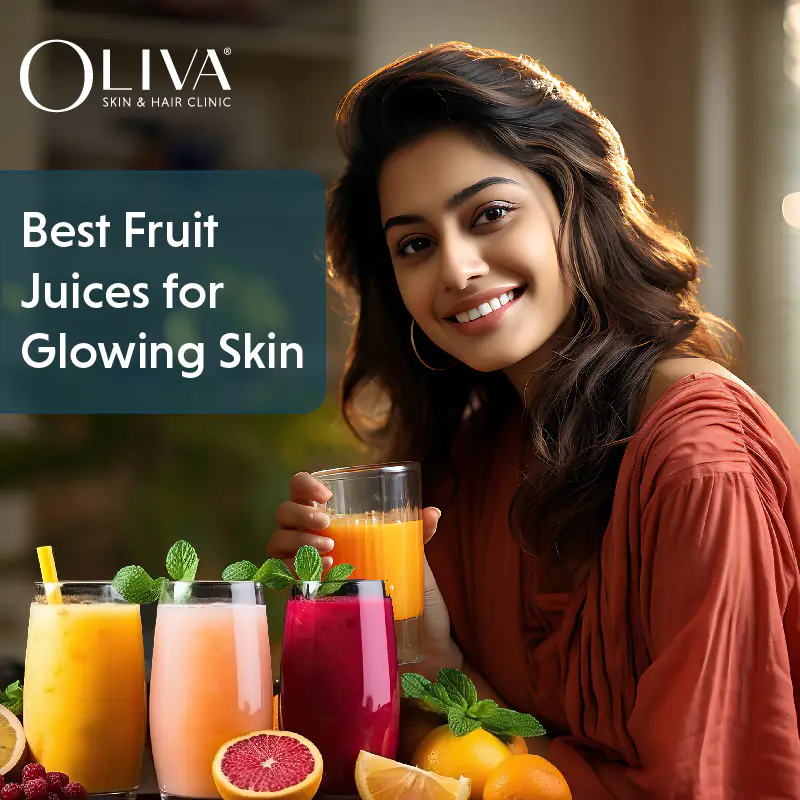
Best Fruit Juices for Skin Whitening: Recipes For Brighter Complexion

Tan Removal Treatment: Cost, Procedure, Results & Prevention Tips
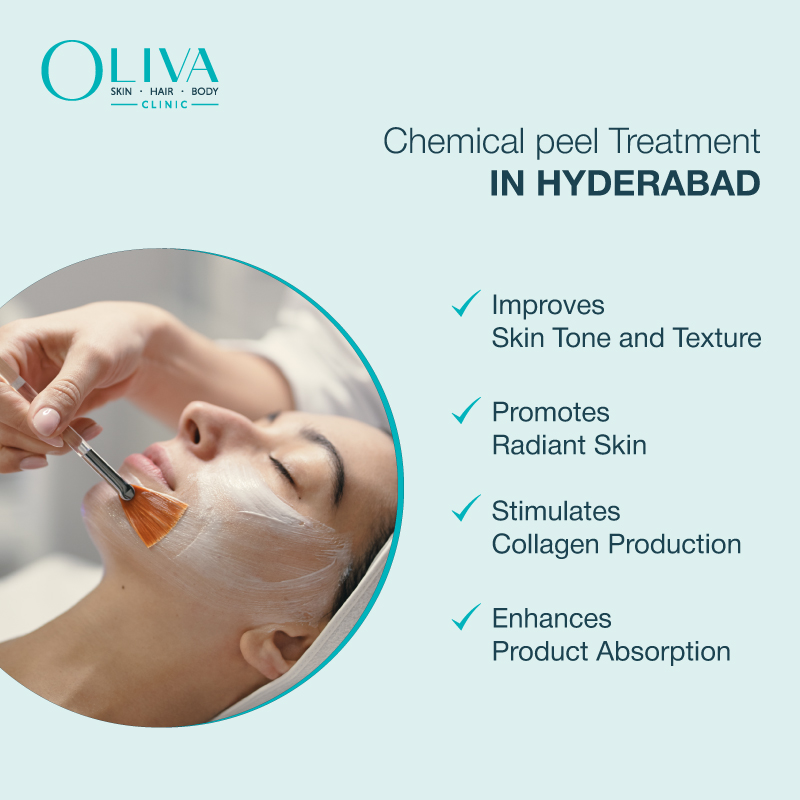
Chemical Peel Treatment in Hyderabad: Cost, Benefits, Types & Procedure

Skin Whitening Treatment In Vizag – How It Works, Cost And Benefits

Q Switch Laser Treatment In Hyderabad: Cost, Results & Procedure



